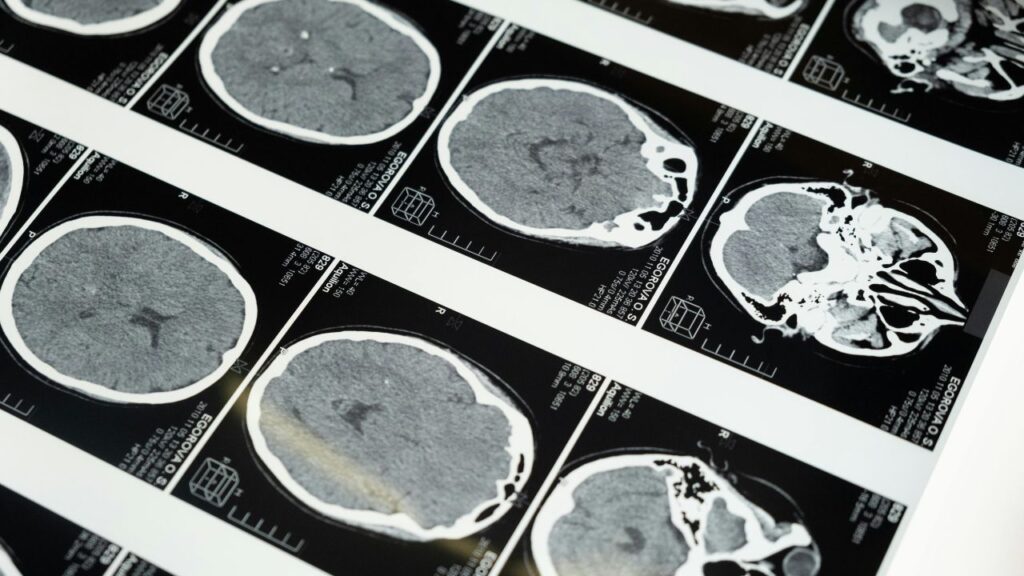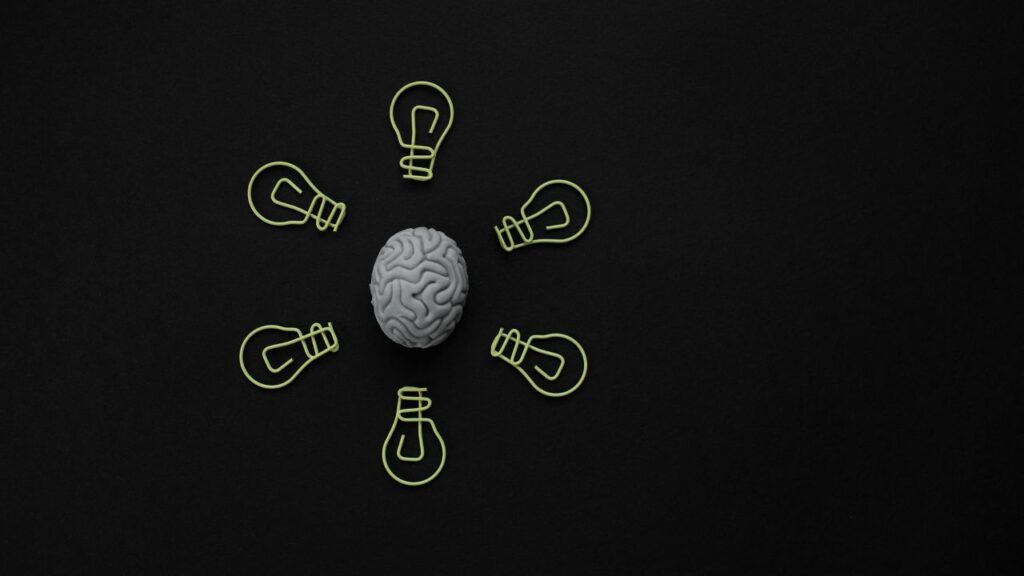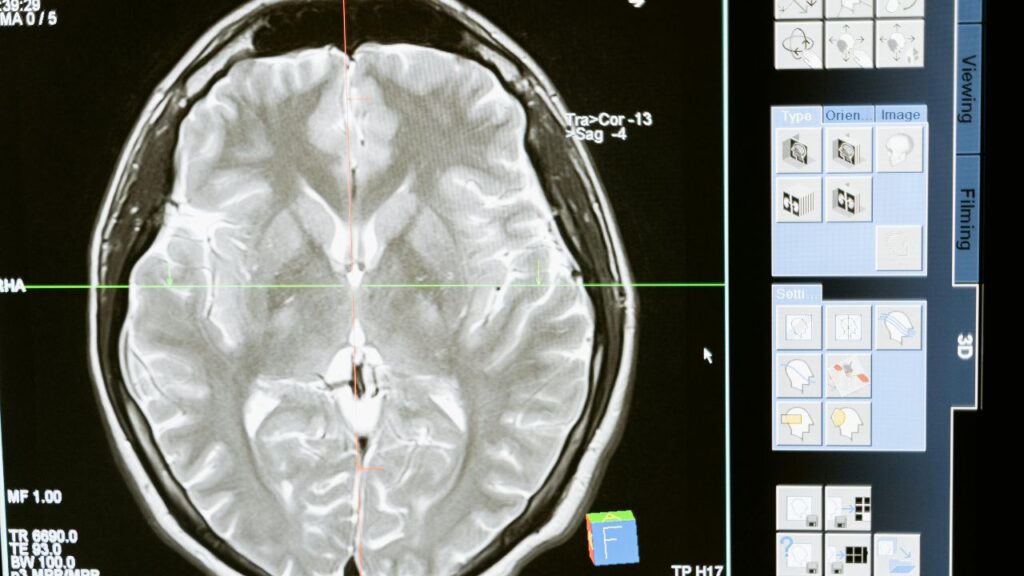Many people use the terms “personality disorder” and “mental illness” interchangeably, but they are in fact distinct conditions with important differences. Understanding these differences is crucial for receiving an accurate diagnosis and effective treatment. At Destination Hope, our team of expert mental health professionals is dedicated to properly identifying and treating both personality disorders and mental illnesses through personalized treatment plans.
What is a Personality Disorder?
A personality disorder is a type of mental disorder characterized by rigid, unhealthy patterns of thinking, functioning and behaving. These inflexible patterns deviate markedly from cultural norms and are pervasive across many situations, leading to significant distress or impairment in social, occupational or other areas of functioning. Personality disorders usually emerge in adolescence or early adulthood. Common examples include borderline personality disorder, narcissistic personality disorder and obsessive-compulsive personality disorder.
The exact causes of personality disorders are unknown, but likely involve a combination of genetic and environmental influences. People with personality disorders tend to have trouble perceiving and relating to people and situations, causing significant problems and limitations in relationships, social activities, work and school.
Diagnostic Criteria for Personality Disorders
The Diagnostic and Statistical Manual of Mental Disorders, Fifth Edition (DSM-5) outlines the following general diagnostic criteria for a personality disorder:
- An enduring pattern of inner experience and behavior that deviates markedly from the expectations of the individual’s culture. This pattern is manifested in two (or more) of the following areas:
- Cognition (i.e., ways of perceiving and interpreting self, other people, and events)
- Affectivity (i.e., the range, intensity, lability, and appropriateness of emotional response)
- Interpersonal functioning
- Impulse control
- The enduring pattern is inflexible and pervasive across a broad range of personal and social situations.
- The enduring pattern leads to clinically significant distress or impairment in social, occupational, or other important areas of functioning.
- The pattern is stable and of long duration, and its onset can be traced back at least to adolescence or early adulthood.
- The enduring pattern is not better explained as a manifestation or consequence of another mental disorder.
- The enduring pattern is not attributable to the physiological effects of a substance (e.g., a drug of abuse, a medication) or another medical condition (e.g., head trauma).
What is a Mental Illness?
In contrast, mental illnesses are health conditions involving significant changes in emotion, thinking or behavior. They are associated with distress and/or problems functioning in social, work or family activities. Mental illness is treatable and common, with over 50% of people experiencing a mental illness at some point in their lifetime. Unlike personality disorders, the onset of mental illness can occur at any age. Well-known examples include anxiety disorders, depressive disorders, eating disorders, and addictive behaviors.

Genetics, environment and lifestyle can all influence whether someone develops a mental illness. Traumatic brain injury can also sometimes lead to changes in mood and personality. Historically, mental illnesses were thought to stem from defects in character or moral weakness, but we now know they have psychological, biological and genetic bases and can be treated effectively.
Causes of Mental Illness
While the exact causes of mental illnesses are not fully understood, research suggests that a combination of factors may be involved:
- Biological factors, such as genes or brain chemistry
- Life experiences, such as trauma or abuse
- Family history of mental illness
- Chronic medical conditions
- Use of alcohol or drugs
- Feeling lonely or isolated
It’s important to note that mental illnesses are not caused by personal weakness, lack of character or poor upbringing.
Challenges in Distinguishing Between Personality Disorders and Mental Illnesses
Distinguishing between a personality disorder and mental illness is not always straightforward. Both can involve overlapping symptoms like disordered thinking, impaired functioning and problems with emotional regulation. Proper diagnosis by a trained clinician is essential, as treatment approaches can vary.
Some key challenges in distinguishing between the two include:
- Overlapping symptoms: Many symptoms, such as mood swings, anxiety, and irritability, can occur in both personality disorders and mental illnesses.
- Co-occurring conditions: It’s not uncommon for individuals to have both a personality disorder and a mental illness, such as depression or anxiety. This complicates diagnosis and treatment.
- Lack of self-awareness: People with personality disorders often lack insight into their condition, making it difficult for them to recognize the need for treatment.
- Stigma: The stigma surrounding both personality disorders and mental illnesses can make individuals reluctant to seek help, leading to delayed diagnosis and treatment.
Treatment Approaches
Personality disorders are primarily treated with psychotherapy to help the individual understand their thinking and behavior patterns and learn coping skills. Specific therapies might include cognitive-behavioral therapy (CBT), dialectical behavior therapy (DBT), and psychodynamic therapy. Medications may sometimes be used to treat associated symptoms such as anxiety or depression.
Mental illnesses may be treated with psychotherapy, medication or a combination of the two. The type of therapy used will depend on the specific mental illness and the individual’s needs and preferences. For example, CBT is commonly used to treat anxiety and depression, while exposure therapy may be used for phobias or post-traumatic stress disorder (PTSD). Medications, such as antidepressants, anti-anxiety medications, mood stabilizers, and antipsychotics, can be an important part of treatment for many mental illnesses.
Lifestyle changes and social support are also important for both personality disorders and mental illnesses. This might include regular exercise, a healthy diet, good sleep habits, and avoiding alcohol and drugs. Building a strong support system of family and friends can provide vital emotional support and practical assistance.

How Destination Hope Can Help
At Destination Hope, we understand the nuances in diagnosing and treating personality disorders and mental illnesses. Our multidisciplinary team, which includes psychiatrists, psychologists, therapists, and counselors, is experienced in developing personalized treatment plans that address each client’s unique needs.
We offer a range of evidence-based therapies, including CBT, DBT, and trauma-focused therapies, as well as medication management when needed. Our holistic approach also incorporates lifestyle interventions, such as nutrition counseling and fitness programs, to support overall wellness.
Whether you’re struggling with a personality disorder, a mental illness, or both, we’re here to provide the expert, compassionate care you need. Our residential and outpatient programs are designed to meet you where you are and help you build the skills and strategies for lasting recovery.
If you or a loved one is struggling, we encourage you to reach out. Call 954-302-4269 to learn more about our programs and take the first step toward a healthier, more fulfilling life. Remember, with the right treatment and support, recovery is possible. At Destination Hope, we’re committed to helping you every step of the way.

